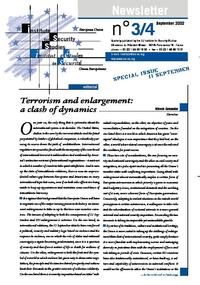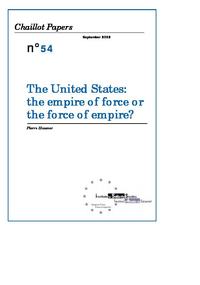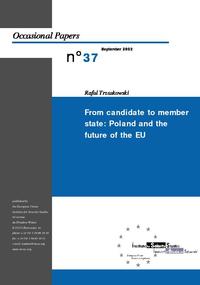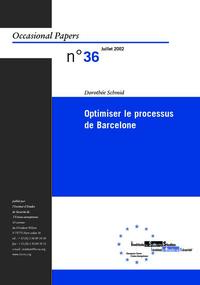You are here
Publications
As part of its mission to find a common security culture for the EU, to help develop and project the CFSP, and to enrich Europe’s strategic debate, the Institute regularly releases publications on the topics and regions at the core of the Union's work.
The Institute’s flagship publication is its series of Chaillot Papers, which are based on focused, in-depth research. The EUISS also publishes a Yearbook (YES), Reports, and shorter Briefs.



